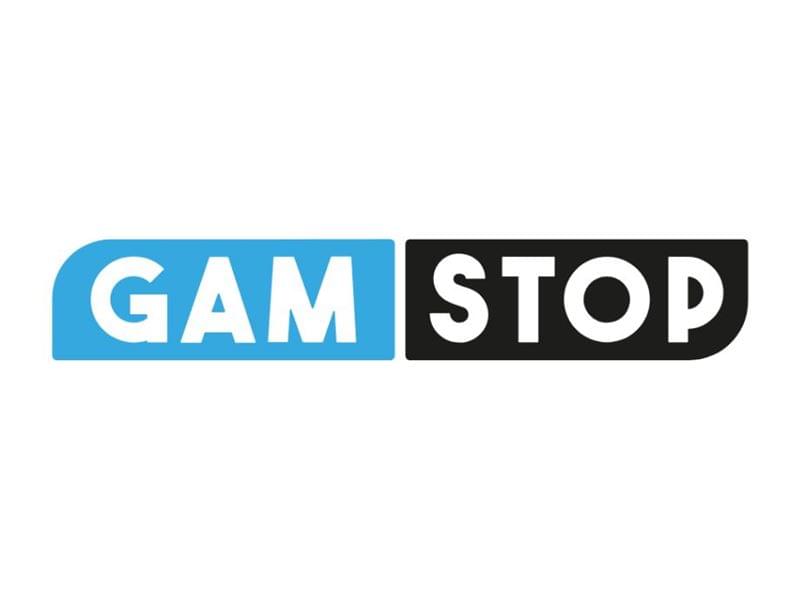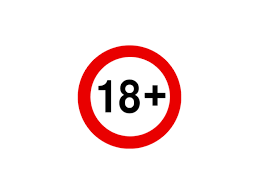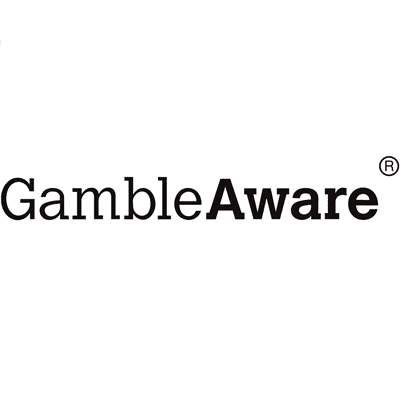What is responsible gaming?
Responsible gaming involves using games for fun and relaxation. Gambling can become problematic when customers use it as a source of income or when they gamble with more money than they can afford to lose.
Responsible Gaming programs are aimed at prevention. They are intended for the entire customer base of gambling operators as their aim is to prevent the development of problem gambling behavior in the first place.
Ironically, responsible gambling is often referred to as a gambling program. Because of this, casino players may ignore "responsible gambling" programs because they do not identify themselves as problem gamblers.
This is a terminology and perception issue that needs to be resolved. We need to decide how to position these programs so that they are relevant to all customers.
What does it mean to play responsibly?
Gambling responsibly means taking breaks, not using gambling as a source of income, only playing with money you can afford to lose, and setting limits (both time and money) for yourself. Setting limits is actually easier online, as many online gaming sites have built-in tools that allow players to set limits right on the site.
For example, an online casino player might say, “Okay, I just want to play for 2 hours today.” They then simply need to spend that time on the site, and after two hours the site will notify customers that they have reached their daily limit. Often, online sites also provide 24-hour waiting periods during which players can be completely blocked from using the platform.
Symptoms of Gambling Addiction
If we identify problem gambling early, we can prevent harmful effects and problems from worsening. Gambling problems can be difficult to detect. Therefore, it is important to pay attention to human behavior and the consequences of gambling. Dare to talk about gambling for money and find out what can be done or where to go if a person has a gambling problem.
Warning signs are that the player:
- Spends a lot of time, money and energy on gambling;
- Get financial problems from gambling and less time for family, work, study and friends;
- Absent, uninterested in communication and difficult to communicate with due to gambling;
- Becomes irritable and restless when not playing;
- You have to play more and more to get the same stimulation;
- Suffer from physical and mental problems if not allowed to play;
- They often come into conflict with family and friends.
The way we gamble affects our risk of developing problem gambling. So pay attention to the person:
- Alcohol use in connection with gambling;
- Uses games to regulate mood, for example as a way to escape from daily life or to gain pleasure;
- Borrows money to gamble;
- Plays or prepares to play instead of work or school;
- Constantly plays only dynamic games, such as slot machines;
- Plays very intensively during certain periods, sparing time and money;
- Play for large sums;
- Gambling with minors.
In preventive work, it is important to know what risk factors exist for gambling problems. For example, socioeconomics and accessibility influence the risk of problem gambling.
Self-test
All licensed Online Casinos, both in the UK and overseas, offer self-testing to their customers. This fact is related to the online casino license, which obliges operators to support Responsible Gaming. You can find many similar tests on the Internet. Below we give an example:
If you suspect that you have a gambling problem, below we will provide you with some questions to help determine your gambling addiction:
- Does the game prevent you from going to work or school?
- Do you play to pass the time or to avoid boredom?
- Do you play alone for a long time?
- Has anyone ever told you that you spend too much time playing games?
- Are you spending less time with family and friends because you're spending more time gaming?
- Have you ever lied about how much time and money you spend gambling?
- Have you ever stolen or lied to play more?
- You don't want to spend the money you get from gambling on something else?
- How often do you not quit until you've lost all your money?
- Do you often want to win back your money immediately after a loss?
- Feeling confused and desperate after losing money?
- Are there any problems, disappointments or frustrations that might make you want to start playing?
- Does gambling lead to depression and suicidal thoughts?
- Have you lost amounts of money you couldn't afford?
A large number of "yes" indicates that you most likely have problems with the game. It is recommended to self-limit on all casino sites. You can also get advice on this topic from the organizations listed below.
Tools for responsible gaming
The Responsible Gaming Tool offers players some of the most effective ways to limit the amount of time and money spent in an online poker room, online casino or sportsbook.
All legitimate online gaming operators will offer built-in tools, commonly referred to in the industry as "responsible gaming tools" or RG tools, in their software. Access to these tools is available to players during registration or any time after logging into the site.
The most popular responsible gaming tools that players find on legal, regulated sites are:
Deposit Limits. A way to limit the amount of money deposited into a site on a daily, weekly or monthly basis. After depositing the maximum amount, the player will not be able to deposit more money into the site until a certain period of time has passed.
Time restrictions. This responsible gambling tool limits the time spent on an online gambling site. Once the user has used up his allotted time, he will be forced to take a break.
Loss limits. Setting a loss limit is one option for a deposit limit. When a player loses a certain amount of money, they are automatically logged out and blocked from further gaming for a predetermined period of time.
Timeouts. Timeouts can be set to force play at tables to stop for a certain amount of time after reaching a certain threshold, for example when losing. Timeouts are a great way to distract yourself and clear your head, especially if you find yourself chasing losses.
Self-locking. It's not so much a tool as it is a self-restraint. This method prohibits the player from entering an online poker room, online casino or bookmaker. It is similar to time-out in that they both involve a forced break for a certain period of time, but self-exclusion usually lasts for a longer period. Self-banning is imposed for a period of six months to six years or a lifetime ban.
Organizations that can help combat gambling addiction
BeGambleAware is an independent non-profit charity providing services for the prevention and treatment of gambling addiction. By going to www.begambleaware.org you can check to see if you have a gambling problem and get the help you need.
GamCare is the leading authority providing advice and practical help to tackle the social impact of gambling in the UK. They can be visited at www.gamcare.org.uk. Anonymous helpline: 0845 6000 133.
Gamblers Anonymous is a community of men and women who have come together to solve their personal gambling problems and help other gambling addicts solve their problems. The organization has local representatives throughout the world. Information about Gamblers Anonymous services can be found at www.gamblersanonymous.org.uk.
Gambling Therapy provides support and advice to those affected by gambling. Gambling Therapy members work in the UK as well as internationally. Website information can be found at www.gamblingtherapy.org.
The Responsible Gambling Council (RGC) is an independent non-profit organization. They have been a leader in problem gambling prevention in Canada and around the world for over 35 years. On the website https://responsiblegambling.org/ you will find targeted programs for both prevention and assistance in solving problems associated with gambling.
The Gordon Moody Association is a resource for anyone who wants to take control of their gambling. www.gordonmoody.org.uk provides advice, education and high quality innovative therapeutic support for problem and gambling gamblers through community, online and information services. The online support service is designed to help problem gamblers both in the UK and overseas.











